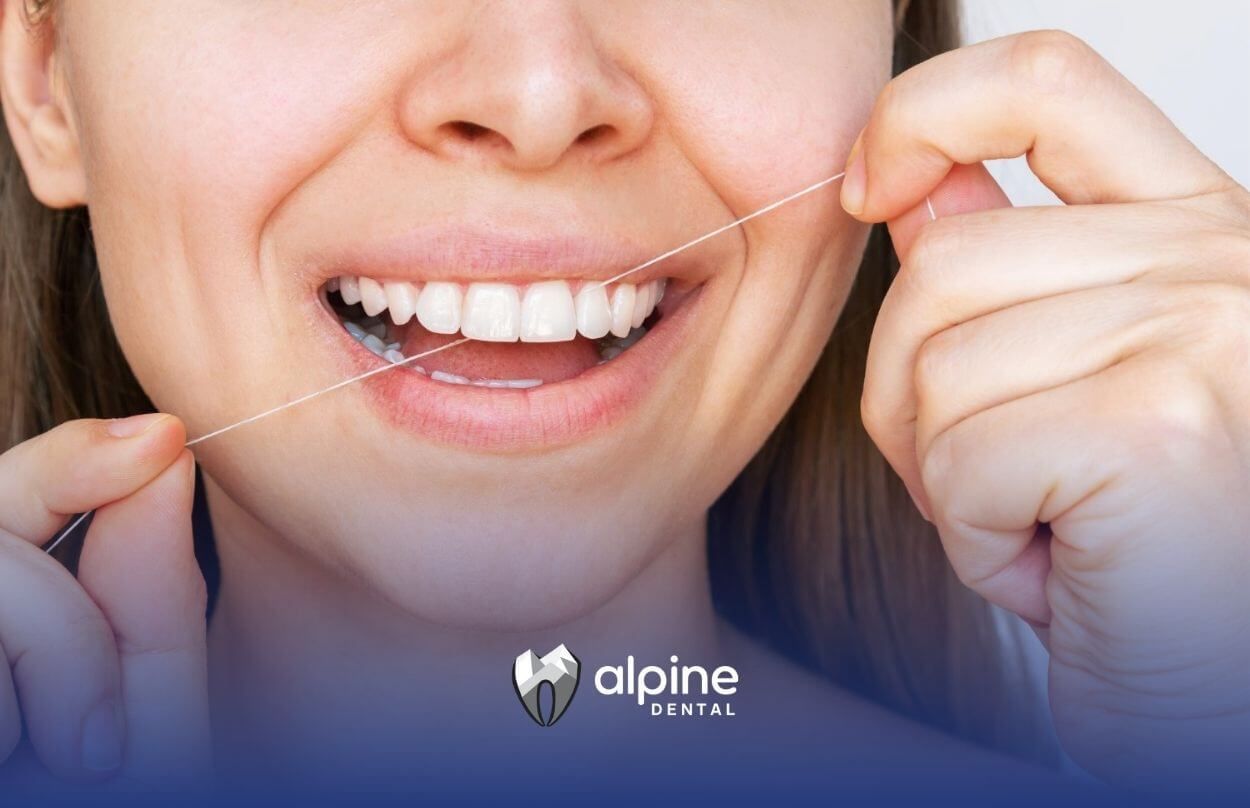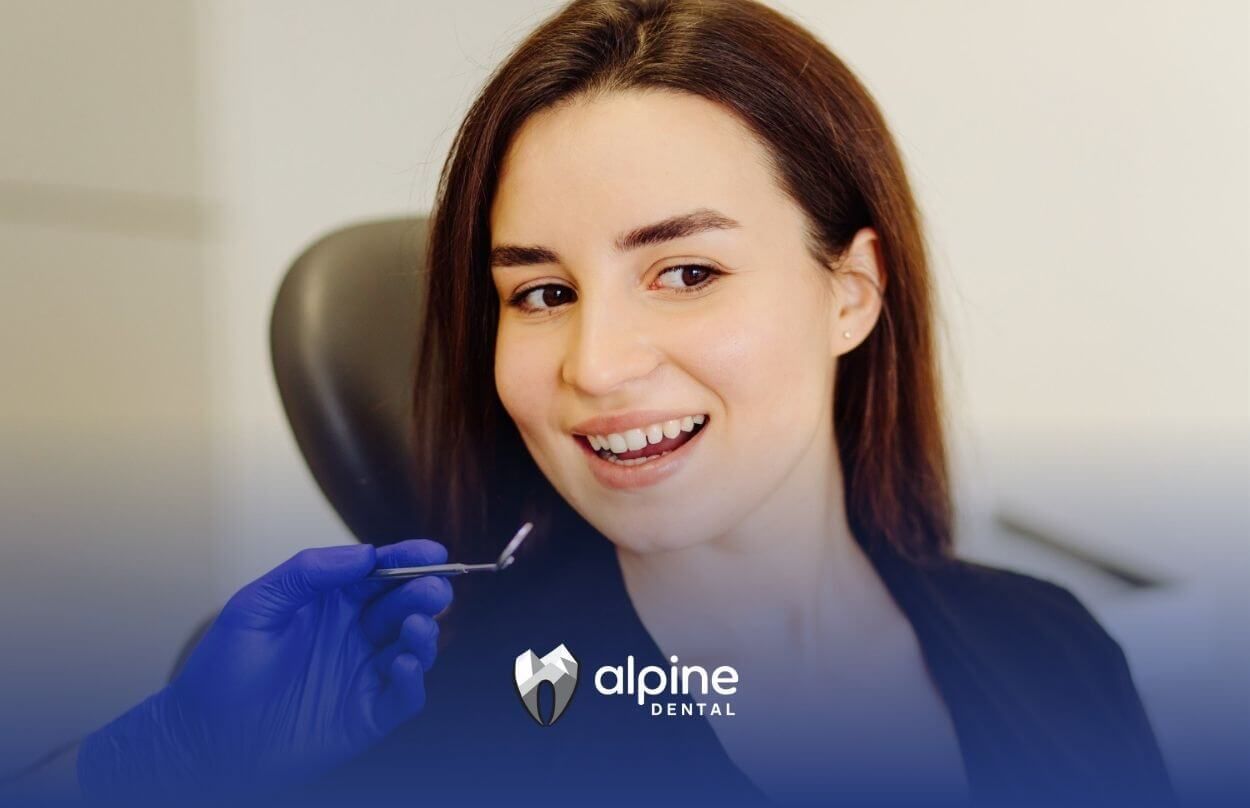Best Toothpaste for Your Teeth: What Dentists Recommend
Choosing toothpaste seems simple, until you’re staring at dozens of colorful boxes promising everything from cavity protection to instant whitening.
I’ve guided countless patients through this same decision, and the key is knowing what actually matters in a toothpaste—and what’s just clever marketing.
Why Toothpaste Matters
Toothpaste isn’t just about fresh breath. The right choice protects enamel, fights cavities, reduces gum disease, and even prevents staining. Choosing poorly, on the other hand, may mean missing out on important protection—or using a formula that irritates your mouth.
Key Ingredients to Look For in Toothpaste
Before focusing on brands, let’s talk about what actually matters inside the tube.
Fluoride
This is the most important ingredient. Fluoride strengthens enamel and helps prevent cavities. Almost every dentist (myself included) recommends a fluoride toothpaste unless there’s a specific medical reason not to.
Abrasives
Mild abrasives help scrub away plaque and surface stains. But be careful—harsh abrasives can wear down enamel, especially if you brush aggressively.
Desensitizing Agents
Toothpastes for sensitivity often contain ingredients like potassium nitrate or stannous fluoride to calm nerve pain and protect exposed dentin.
Antimicrobial Agents
Some toothpastes include triclosan or other antibacterial ingredients to fight gum disease. While effective, many people do just as well with fluoride and good brushing habits.
Choosing Toothpaste for Your Specific Needs
Not all smiles are the same. Here’s how to choose based on common concerns I see in patients.
Toothpaste for Cavities
Look for a fluoride toothpaste labeled “anticavity.” It’s the gold standard for preventing tooth decay.
Toothpaste for Sensitive Teeth
If hot coffee or cold ice cream makes you wince, sensitivity toothpaste is your best friend. It blocks pain signals and protects enamel over time.
Whitening Toothpaste
Whitening pastes use mild abrasives and sometimes peroxide to remove surface stains. They won’t dramatically change your tooth color, but they can help prevent new stains. For smokers, coffee drinkers, and tea lovers, whitening toothpaste can help maintain brightness between professional cleanings.
Toothpaste for Smokers
Smoking causes tough stains and bad breath. A whitening toothpaste with strong flavoring can help, but professional teeth whitening is usually needed for deeper nicotine stains.
Toothpaste for Gum Health
If you struggle with bleeding or early signs of gum disease, look for toothpaste labeled for “gum protection” or “tartar control.” Pair it with regular flossing for best results.
Natural Toothpaste
Some patients prefer natural or fluoride-free toothpaste. While these can freshen breath, they usually don’t offer the same cavity protection as fluoride. If you choose natural products, make sure your dentist is monitoring your teeth closely.
Common Myths About Toothpaste
I hear a lot of myths in my practice, so let’s clear a few up:
- Myth: Whitening toothpaste can make teeth several shades whiter.
Truth: They only remove surface stains; professional whitening does the rest. - Myth: All-natural toothpaste is always safer.
Truth: Without fluoride, you’re missing key cavity protection. - Myth: More foam means better cleaning.
Truth: Foaming is just a detergent effect—it doesn’t mean your teeth are cleaner.
How to Shop for Toothpaste
When choosing toothpaste, keep these quick tips in mind:
- Look for the ADA Seal of Acceptance. This means the product has been tested for safety and effectiveness.
- Match it to your dental needs. Cavity-prone? Sensitive? Whitening goals? Choose accordingly.
- Avoid harsh abrasives. Especially if you already have sensitivity or enamel wear.
- Flavor matters too. If you don’t like the taste, you’ll be less likely to use it consistently.
When to Talk to Your Dentist About Toothpaste
Sometimes, the toothpaste aisle just doesn’t cut it. If you have severe sensitivity, gum disease, or stubborn stains, your dentist may recommend prescription toothpaste with higher fluoride content or special desensitizing ingredients.
There isn’t one “best toothpaste” for everyone—there’s the best toothpaste for you. Pay attention to ingredients, match them to your needs, and don’t fall for myths or flashy packaging. And remember: even the best toothpaste can’t replace regular brushing, flossing, and professional dental checkups.
At Alpine Dental in New Jersey, we help patients in Jackson, Lakewood, Manchester, and nearby towns choose the right dental care products and treatments. Whether you need advice on toothpaste, professional whitening, gum disease treatment, or dental implants, our team is here to keep your smile strong and healthy.
FAQs
What toothpaste do dentists recommend most?
Most dentists recommend a fluoride toothpaste with the ADA Seal of Acceptance, customized to your needs.
Can toothpaste really whiten teeth?
It can remove surface stains, but it won’t change the natural color of your teeth. Professional whitening works better.
Is natural toothpaste effective?
It may freshen breath, but fluoride toothpaste offers better cavity protection. If you prefer natural products, consult your dentist first.
Sources:
- https://www.nbcnews.com/select/shopping/best-toothpastes-for-sensitive-teeth-rcna194592
- https://pmc.ncbi.nlm.nih.gov/articles/PMC10066268/
- https://oralb.com/en-us/oral-health/why-oral-b/toothpaste/types-toothpaste-benefits-differences/




